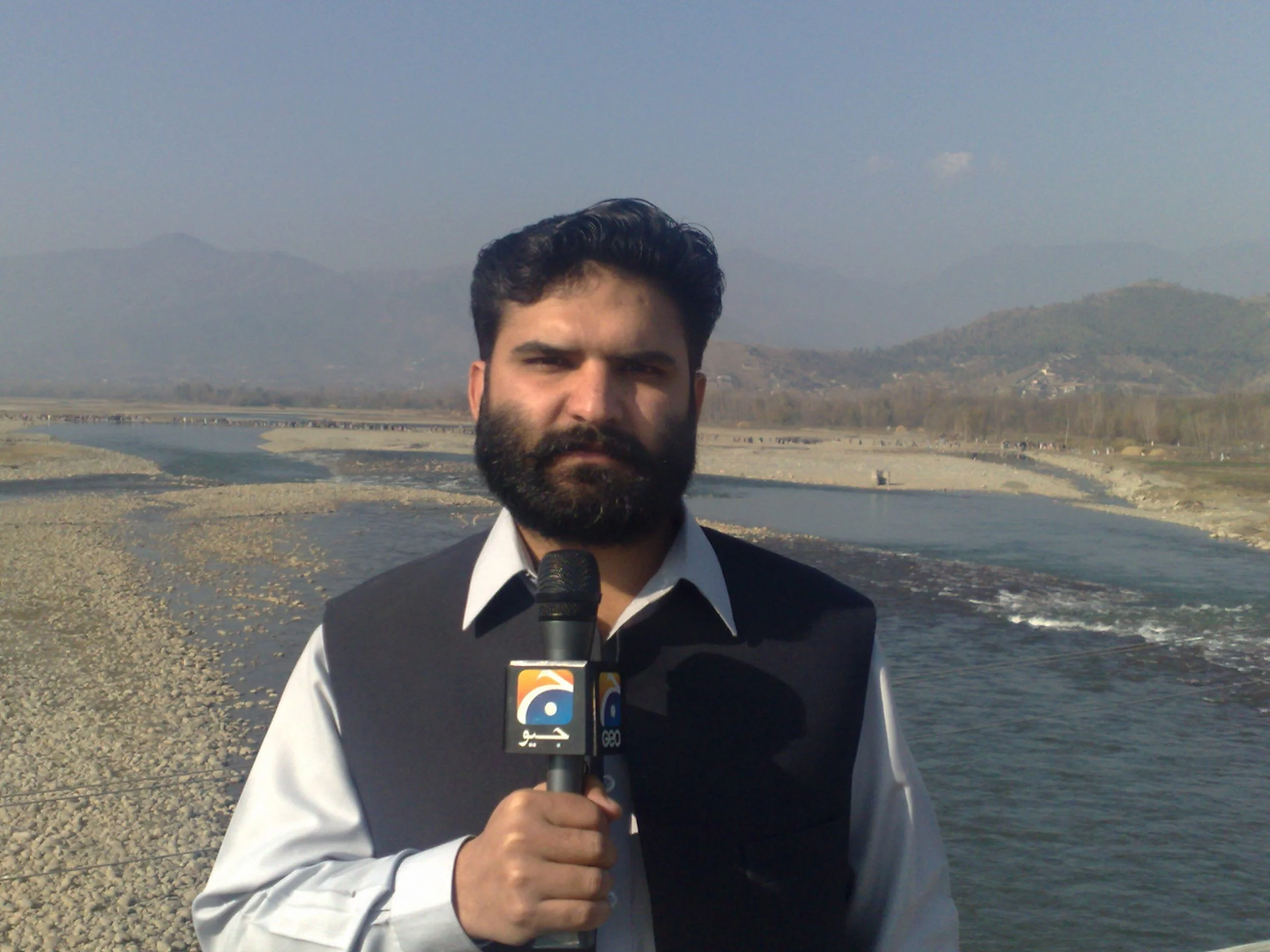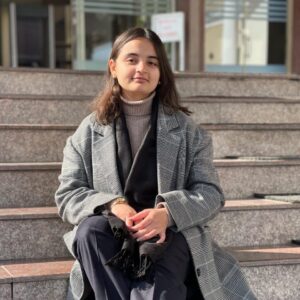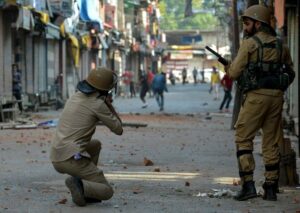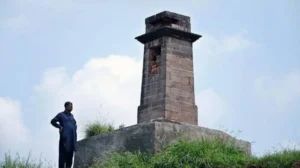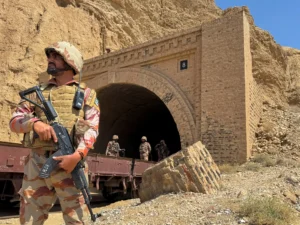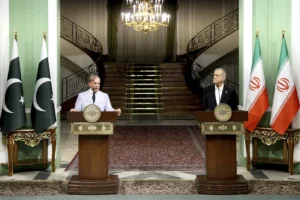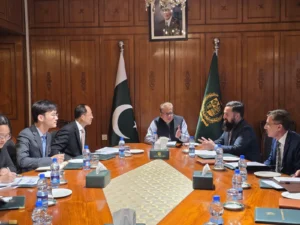They say when truth becomes dangerous, only the brave dare to speak it. In the mist-covered valleys of Swat, one such voice rose above the fear: Musa Khankhel. He was not born into power, nor did he wear a uniform. His only weapon was his voice: steady, unflinching, and piercing enough to rattle those who ruled through terror.
Before Swat became a battlefield, it was a place of poetry, the “Switzerland of the East.” But when the Tehrik-e-Taliban Pakistan (TTP) turned it into a kingdom of fear, Musa chose not to run. While others left, he stayed, not because he was fearless, but because silence, to him, was a greater death. Working for Geo News, Musa reported from the heart of danger. He walked through bombed streets, spoke with trembling villagers, and exposed the brutality that others dared not show. His colleagues often called him junooni, reckless, but Musa simply called it duty.
He believed a reporter’s job was not to echo power, but to question it. “If we stop telling the story”, he once said, “who will?”
The Day the Pen Met the Bullet
It was February 18, 2009, and Swat was boiling with tension as peace talks unfolded between the government and militant leader Sufi Muhammad, the father-in-law of Maulana Fazlullah. For Pakistan, it was a fragile moment; hope and fear stood side by side. Musa went to cover the so-called peace rally, mic in hand, camera rolling. He stood close to the crowd, capturing history as it unfolded. But peace, in Swat, was an illusion, a mirage in the smoke.
On his way back from the rally near Matta, Musa’s car was stopped. Armed men dragged him out, men who hid their faces but not their intent. Moments later, gunfire shattered the valley’s silence. When the echoes faded, Musa Khankhel lay lifeless, his body riddled with more than a dozen bullets, each one a punishment for truth. He was just 28 years old. The killers wanted to silence him, but their message backfired. Instead of fear, Musa’s death lit a fire in the hearts of journalists across Pakistan. His name became a banner of defiance, a reminder that truth-telling in times of terror is the purest form of courage.
Musa Khankhel: Who Turned Truth into Resistance
They called him Musa the fearless.
But he was more than fearless; he was faithful. Faithful to his duty, his people, and his pen. In every corner of Pakistan where journalists risk their lives, his name is spoken in reverence. Musa’s story stands as a monument to the idea that words can be braver than bullets, and that truth, once spoken, cannot be killed. Musa Khankhel, the journalist who stood in the crossfire, not to take sides, but to tell the story. A man who proved that even in war, the pen can walk through fire and still shine.
The Legacy of a Truth-Teller
Musa’s death was not an ending; it was a beginning. His martyrdom marked a turning point in Pakistan’s war on fear. The Committee to Protect Journalists (CPJ) called his killing a tragedy for press freedom. The media remembered him as a son of Swat who gave his life so the truth could live.
He was not carrying a gun. He was not wearing armour. He carried a microphone and a conscience that refused to kneel.
In a world where many choose safety over truth, Musa chose truth even when it cost him safety. And in doing so, he became something larger than a journalist; he became a symbol. Today, when Swat breathes again, his voice lingers in its winds, whispering reminders of what it means to speak when speaking itself is an act of rebellion.
Also Read: Shaheed IG Safwat Ghayur: The Lion Who Walked Without Fear

